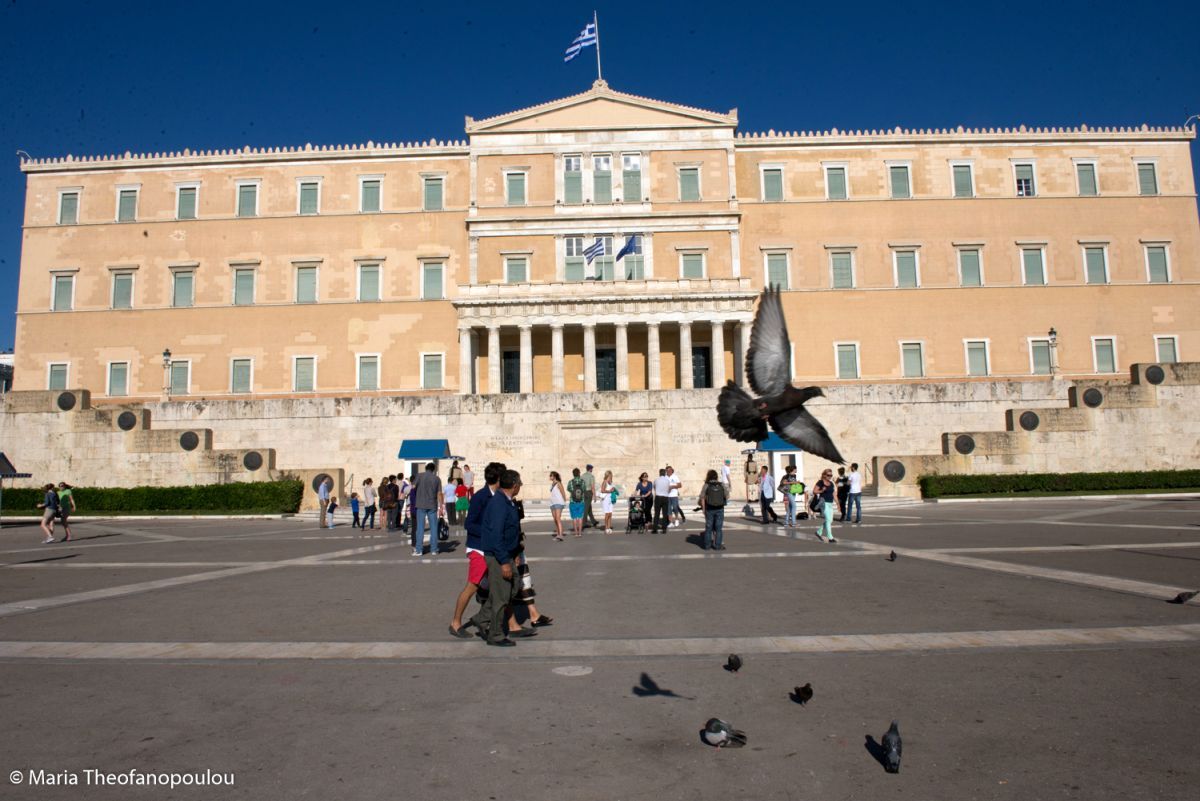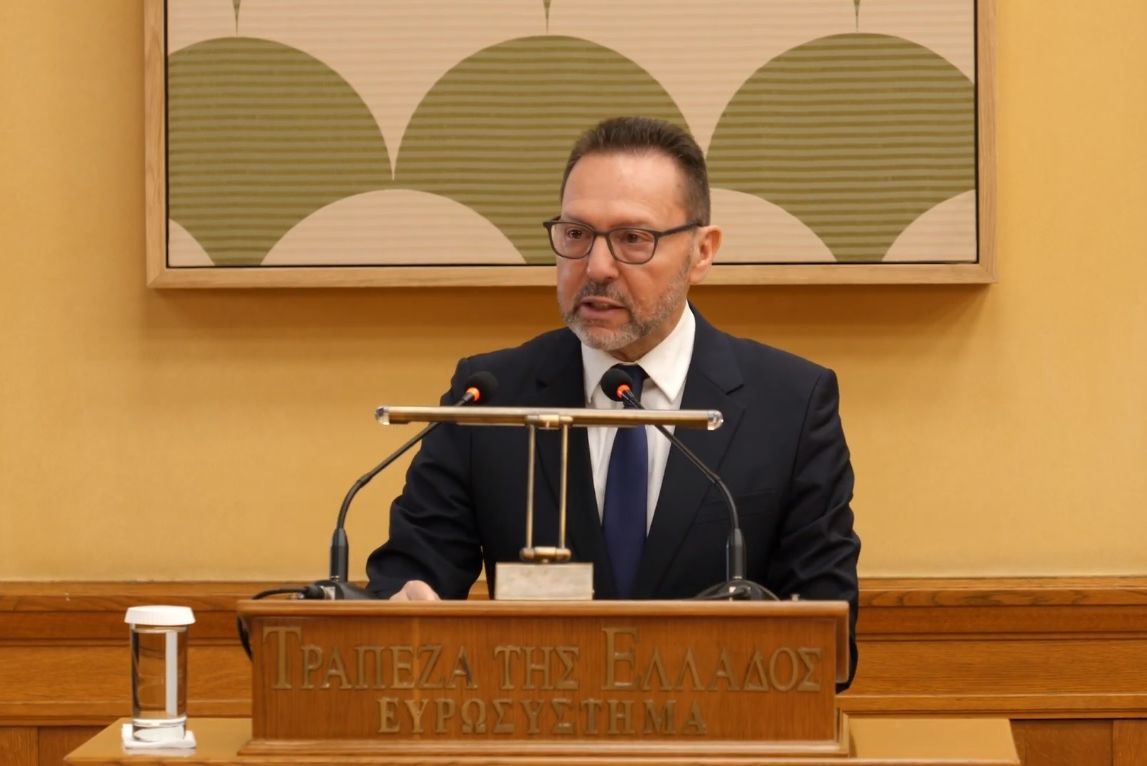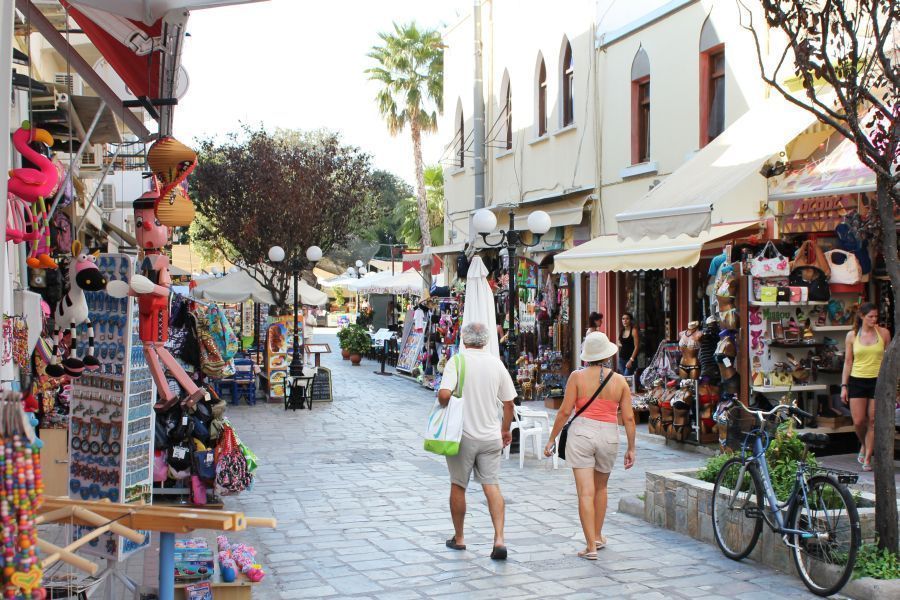BoG: Global Challenges Ahead for Greek Economy Despite Tourism Dynamic
Despite its resilience to the Covid-19 pandemic and now to the Russia-Ukraine war, the Greek economy is still faced with considerable challenges, Bank of Greece (BoG) Governor Yannis Stournaras said in his annual report on the economy.
According to the governor’s 2021 report released on Thursday, in 2021, GDP at constant prices grew by 8.3 percent, achieving one of the best performances in the euro area and almost fully offsetting the 2020 contraction of 9 percent.
The high GDP growth rate in 2021 and the expectation of continued growth in 2022 are in large part due to the tourism sector’s better-than-expected performance last year along with positive developments in exports of goods, disposable income, private consumption expenditure financed by accumulated savings, government consumption, private and public investment, and a strong recovery in the labor market as reflected in the dropping unemployment rate. At the same time, industry and construction also showed signs of recovery.
Maintaining the growth momentum, changing the productive model and focusing on investment and extroversion as well as continuing efforts to regain investment grade are the main objectives of economic policy in 2022, the report said.
Greek economy to grow at a slower pace in 2022
According to the BoG, the Greek economy is expected to keep growing in 2022 but at a slower pace than the initial forecast of 4.8 percent. GDP growth is limited to 3.8 percent in the baseline scenario and 2.8 percent in the adverse scenario depending on the extent and duration of the shocks in international energy and food prices as well as on the deterioration in confidence and financial market turmoil.
Private spending expected to drop
In the meantime, despite the anticipated strong performance of tourism, the negative impact of inflation on households’ real disposable income is expected to drag down private spending.
At the same time, higher production costs and lower consumption will weigh on firms’ profitability and, together with widespread uncertainty, could lead to a postponement or cancellation of investment decisions.
Additionally, the Russia-Ukraine crisis may impact tourism inflows, mainly from Europe and the US, due to a decline in traveler purchasing power but also to a feeling of insecurity.
At the same time, fewer pandemic-related restrictions, the launch of investment projects under the National Recovery and Resilience Plan, rising employment, accumulated savings and continued growth in exports are all expected to mitigate the negative effects.
The report underlines the importance of restoring fiscal sustainability in order to ensure a further upgrade of the country’s credit rating.
Lastly, with regard to the pandemic, the report said it poses less of a risk with the highest risk being inflationary pressures set to negatively affect disposable income, consumption and investment expenditure, profit margins, asset yields, real wealth, tourism flows and growth.








